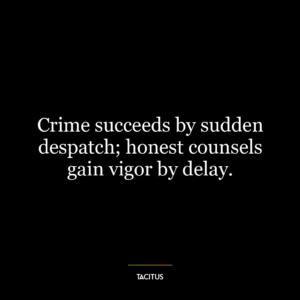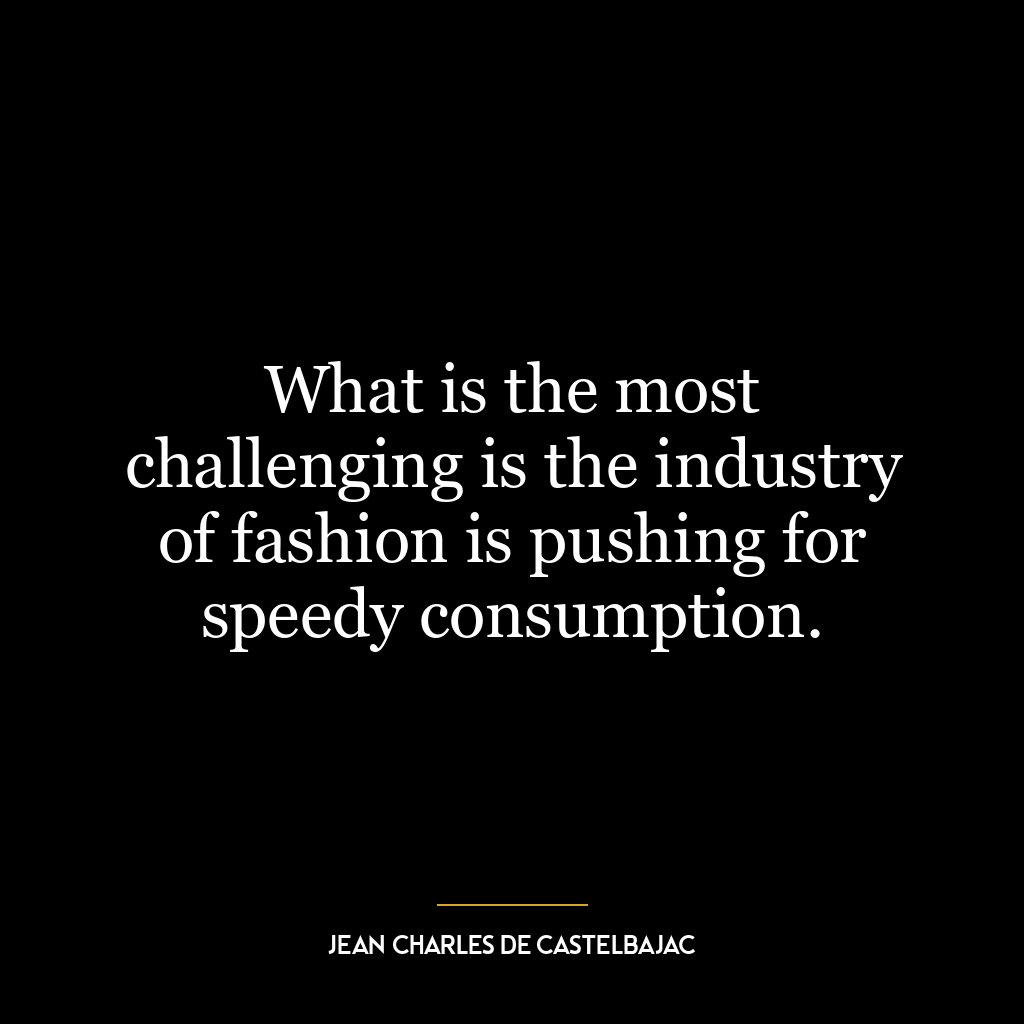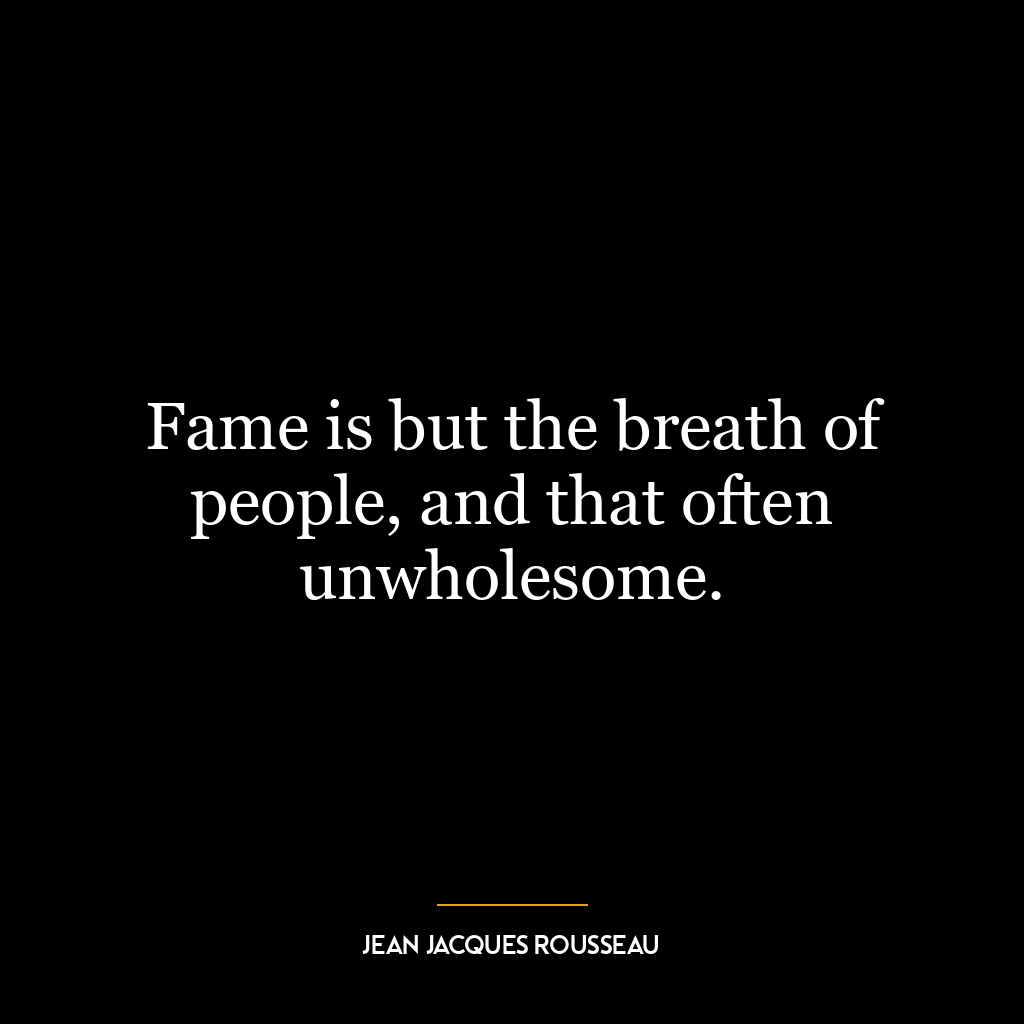Other men have acquired fame by industry, but this man by indolence.
This quote suggests that while most people gain recognition through hard work and diligence, there are some who become famous through their laziness or inactivity. The concept of gaining fame through indolence might seem paradoxical, but it can be interpreted in several ways.
One interpretation could be that the person in question has mastered the art of doing less, but in a way that yields more. This is the principle of efficiency – achieving maximum productivity with minimum wasted effort or expense. It’s the idea of working smarter, not harder. In this context, the individual’s ‘indolence’ is not a negative trait but rather a strategic approach to success.
Another interpretation could be that the person has gained fame not because of their actions, but because of their inaction. This could be someone who is known for their refusal to conform to societal norms of productivity or busyness, someone who, by their indolence, challenges our preconceived notions about the value of constant activity and industry.
Applying this idea to today’s world, we can see a growing trend towards valuing work-life balance and questioning the traditional 9-5 work model. The rise of digital nomads, the gig economy, and flexible working arrangements reflect a shift in societal attitudes towards work and productivity. People who successfully navigate these new paradigms, achieving success while maintaining a degree of ‘indolence’, could be said to be gaining fame in the way Tacitus describes.
In terms of personal development, this quote could serve as a reminder that success doesn’t always come from relentless hard work. It’s also about finding smarter ways to achieve our goals, prioritizing our wellbeing, and challenging societal norms that equate constant busyness with success. It encourages us to redefine what productivity means to us and to find our own unique path to success, even if that path involves a degree of ‘indolence’.















